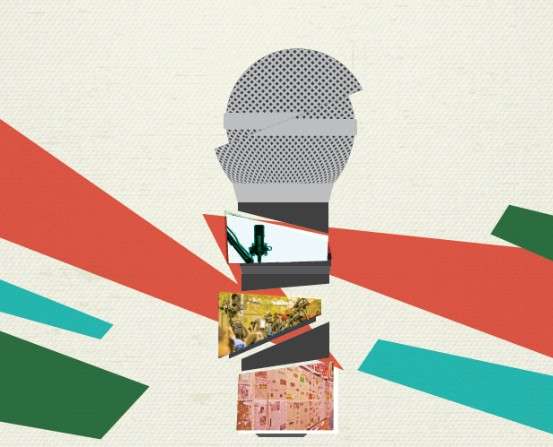
UN flags restrictive laws, political pressure limiting media freedom in Bangladesh
Dhaka: A joint report by the United Nations Development Programme (UNDP) and UNESCO, with support from the Embassy of Switzerland in Bangladesh, has raised serious concerns about media freedom in Bangladesh under the Muhammad Yunus-led interim government. Titled “An Assessment of Bangladesh’s Media Landscape: Free, Independent and Pluralistic Media”, the report warns that restrictive laws and political pressures continue to undermine journalistic freedom, public trust, and democratic development.
Conducted between July and December 2024, the assessment provides an in-depth analysis of the challenges and opportunities in the country’s evolving media landscape. It emphasizes the need for structural reforms to ensure a free, independent, and pluralistic press.
Speaking at the report’s launch event in Dhaka, Mahfuj Alam, Advisor to the Ministry of Information and Broadcasting, called for media accountability and ethics to rebuild public trust. Sonali Dayaratne, UNDP’s Resident Representative in Bangladesh, highlighted the media’s role as a democratic pillar and committed to supporting reforms and awareness-building efforts.
Swiss Embassy Counsellor Alberto Giovanetti echoed the sentiment, calling the report a “timely reminder” of the need for media reform. UNESCO’s Bangladesh representative Susan Vize stressed that freedom of expression is vital for democratic governance and quality of life.
The report comes amid mounting criticism from global observers. A group of 88 expatriate journalists and activists recently accused the interim government of torturing journalists and suppressing free speech since August 5, 2024. They alleged that official and unofficial controls have been imposed on both traditional and social media.
The UN report provides a roadmap for protecting press freedom, urging Bangladesh’s leadership to enact reforms aligned with democratic principles.